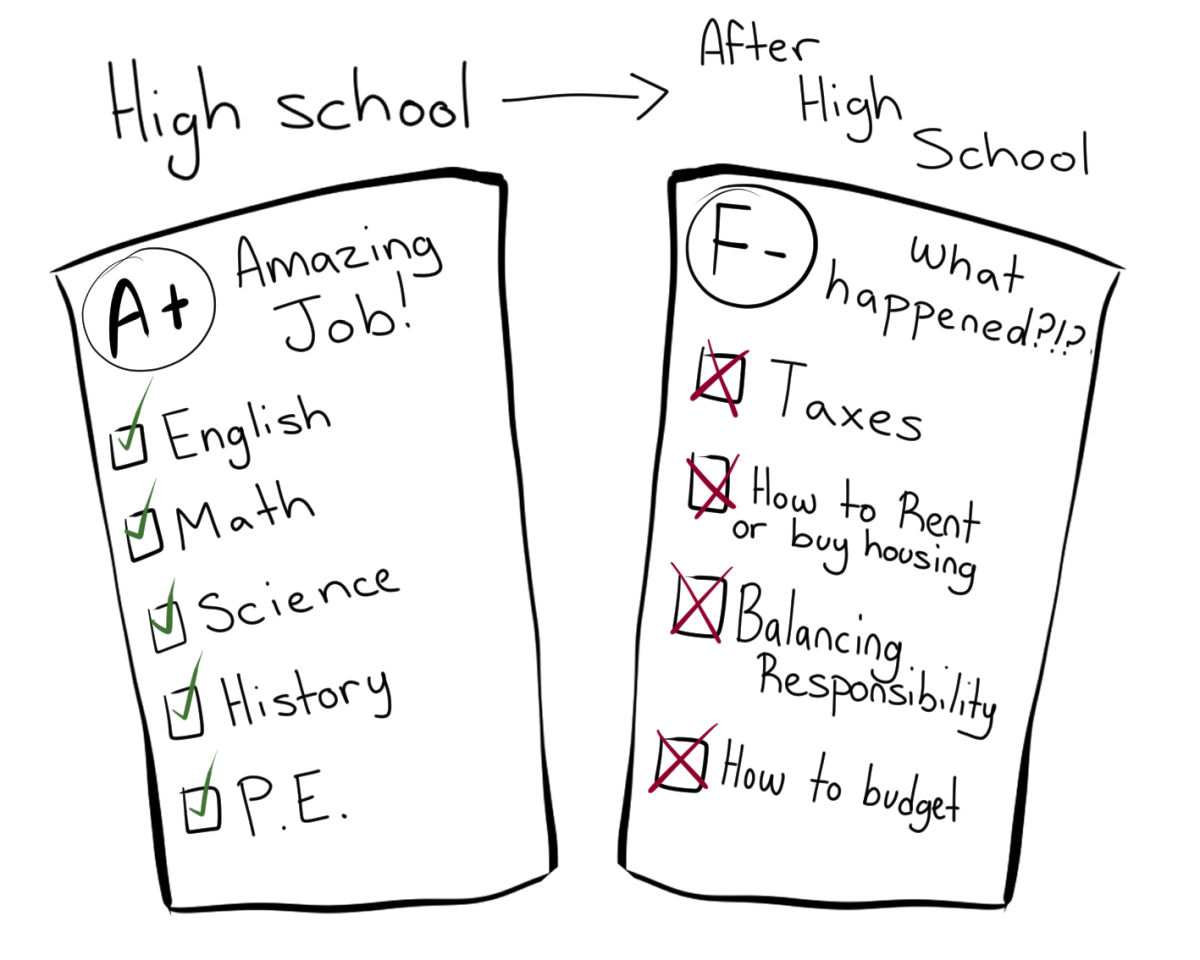Summer school has been an imperative stepping stone in the education of college students across the State Center Community College District. Students rely on summer school to complete certain classes so that they might graduate on time. The elimination of summer school impacts the future of students and severely impedes their academic progress.
Eliminating summer school contradicts the district’s mission statement that it is “committed to lifelong learning and success for all students by providing accountable, accessible, innovative and quality educational programs and services.”
Why should summer school stay viable? Because It offers an avenue for students to complete courses swiftly; because the classes are well spaced out and actually enticing to students; because the perennial parking issue at Fresno City College does not exist; because students who are engaged and take advantage of the courses offered, complete their education faster.
Now the chancellor has proposed to the board of trustees to eliminate the first half of the summer program so the district can save $500,000. Meanwhile, the district has a surplus of about $40 million. Is there a reason why our leaders are not using this surplus to provide classes for students or to quit cutting services? Obviously, not that entire surplus belongs solely to FCC, but at least $8.2 million does and the college’s share of the proposed savings from cutting summer school is $377,000. Of course, the district and the college have the funds to provide summer school course, but they are choosing not to.
How does that extend the district’s mission?
In one of her emails to district employees, Chancellor Deborah Blue explained that the reason for the summer cuts is to prevent salary reductions and possible lay-offs. Protecting salaries and evading lay-offs is understandable in this slow economy, but denying students access to an important component of their education is an unimaginable violation of the students’ expectations.
Students keep the institution afloat and this proposed policy would drive them away faster than anything else. Other issues notwithstanding, students do look to summer school as a way to salvage some hope for their education. If you take away the hope of furthering their education, you take away that which keeps a student going.
Other issues revealed in the last week or so is the broken communication between the various levels of constituency on campus and district wide. Faculty and staff say that they received a string of emails, some contradictory, but still no cohesive message about why the district is taking these steps.
Lack of organization among those entrusted with leading us is a deep hindrance to the students and faculty. If the administration cannot figure out what is going on, the rest of the campus, faculty and students included, have no idea what to think or what questions to ask. Students rely on the faculty and administration for information and when there’s no one message, students feel let down.
Cutting summer school is a disservice to students and undermines the main reason students come to college. In addition, faculty members rely on summer school for income. With the cuts, both groups are impacted. There needs to be further consideration of the matter before a final decision is made. There is a greater purpose to consider in the education of the students than money.
The cut of summer school plays into a vicious cycle of redundancy. Students cannot get the classes they need, so they work more. If they work more, they attend school less. If they attend college less, the college loses some of its funding. If the college loses some funding, it reduces, even more drastically, the services it provides.
The college district has a duty to make education available to students that need or want one. Cutting summer school challenges the very philosophy and credibility that the any caring institution of higher learning possesses.
Maybe the district should ask students what they want. Are we OK with summer school offerings being cut? No. We certainly are not. There are other ways to save money that do not involve robbing the students of a vital stepping stone into their academic futures and professional lives.










